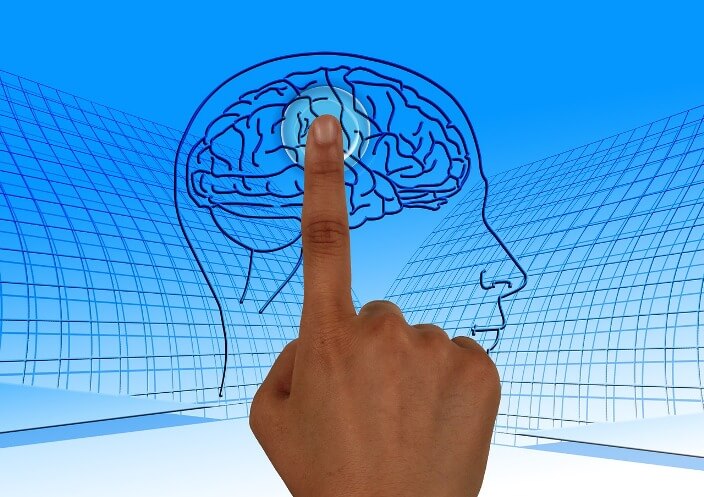How Do Our Brains Age?
Aging affects the body in numerous ways visible to the naked eye – wrinkles, gray hair, and shortened stature are almost ubiquitous signs a person is growing older. We change in ways not readily visible as well, including weakened eyesight and decreased heart function. Perhaps the most significant way we change, however, is within the brain itself.
What happens to our brain as we age, and how does it affect the way we live? Most importantly, is there anything we can do to combat the effects? For know how to brain works check this 15 minute review for more knowledge….
Aging Affects the Brain in Multiple Ways
Our brains change throughout our life span, from the day we are born until the day we die. In fact, it is now thought that the brain does not stop growing and developing significantly until at least age 25 and may continue to develop in some way throughout life.
The aging brain experiences decreases in volume beginning at about age 60 or 70, resulting in shriveled neurons with increased gaps between them.
This shrinkage particularly affects the frontal lobe and hippocampus, two areas which control high cognitive processes and new memories. According to a study by Dr. Timothy Salthouse, we are at risk for decreased memory function as early as age 30, while notable decline is often evident after 50. Regular aging significantly affects both episodic and semantic memory – memory of events and memory for definitions and meanings, respectively.
Thinning of the surface of the cerebral cortex, or gray matter, is another common effect of the aging brain. The resulting decline in the number of synaptic connections can lead to slower processing, a stereotypical trait of the elderly. Similarly, decrease of the myelin associated with white matter can also lead to slower processing.
In addition to shrinkage, the brain also begins to lose its ability to produce the chemical messengers critical to certain functions. The loss of neurotransmitters like serotonin can result in heightened depression and anxiety, while loss of dopamine in large amounts results in movement issues and occurs along with Parkinson’s disease. Acetylcholine decreases are associated with Alzheimer’s, while decreases in other neurotransmitters may result in additional memory loss.
Can We Slow Age-Related Decline?
The previously mentioned declines can sound dire – however, aging is a natural, inevitable process experienced by all humans. Are we really destined to spend our 60’s, 70’s, 80’s, and beyond in a gradual slip toward drastic memory and cognitive function loss, or is there hope? Current research says there is reason to be optimistic.
Studies exist of so-called super-agers, a group of the population over 80 that has managed to retain memory functions similar to those of a segment much younger. Researchers at Northwestern University have found that members of this group have not experienced the brain shrinkage associated with old age, and have retained sharp memories and relatively normal cognitive speed. Continued studies of this group could lead to more revelations about which factors have slowed decline.
Another possible avenue to bolster cognitive function in the aging population is Klotho therapy. Studies show the Klotho protein has been successful at boosting the IQ and MSME scores of those in their 60’s.
Subjects in their 90’s were less cognitively impaired as well as showing improved MSME scores. With a range of uses encompassing brain and body health, Klotho therapy remains an area of great potential for those wishing to combat the effects of aging.
Aging is inevitable, but researchers are making progress toward reducing the effects on both the body and the brain. Along with maintenance of a healthy diet and exercise routine, it is possible that we can ease the transition into old age for a long, productive older adulthood.
